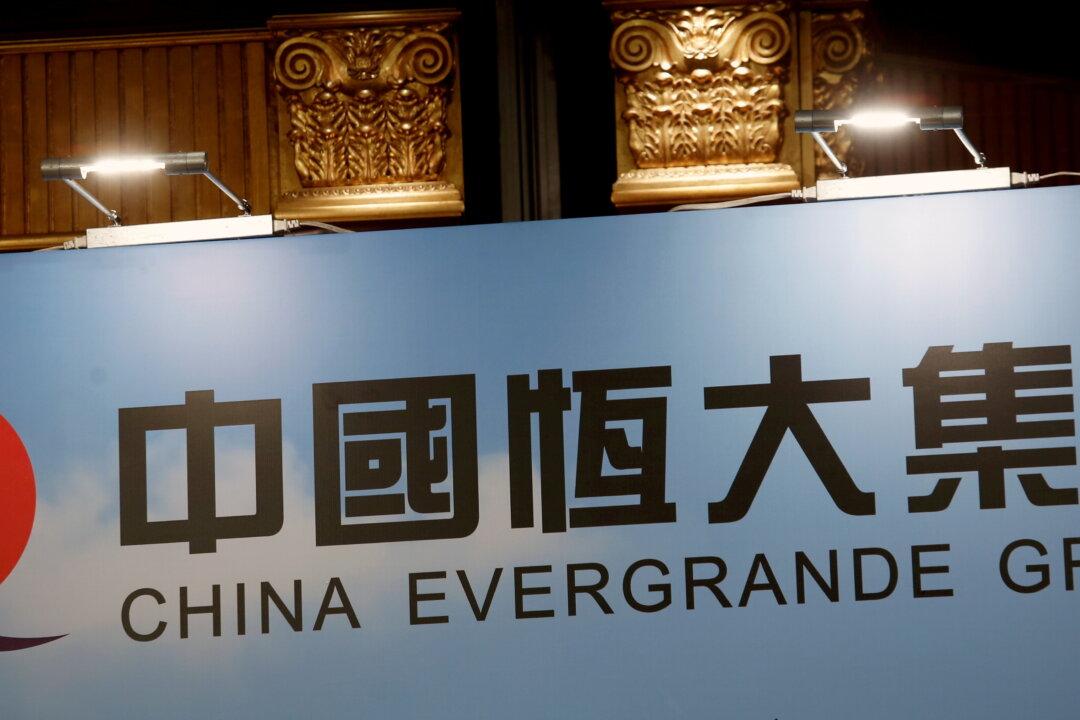Hong Kong’s property stocks saw their largest loss since May 2020 amid growing investor angst about China’s property company Evergrande collapsing and the country’s real estate clampdown.
The Hang Seng Index (HSI) was down more than 3 percent with China and Japan closed for a holiday, the largest drop since May 2020.




